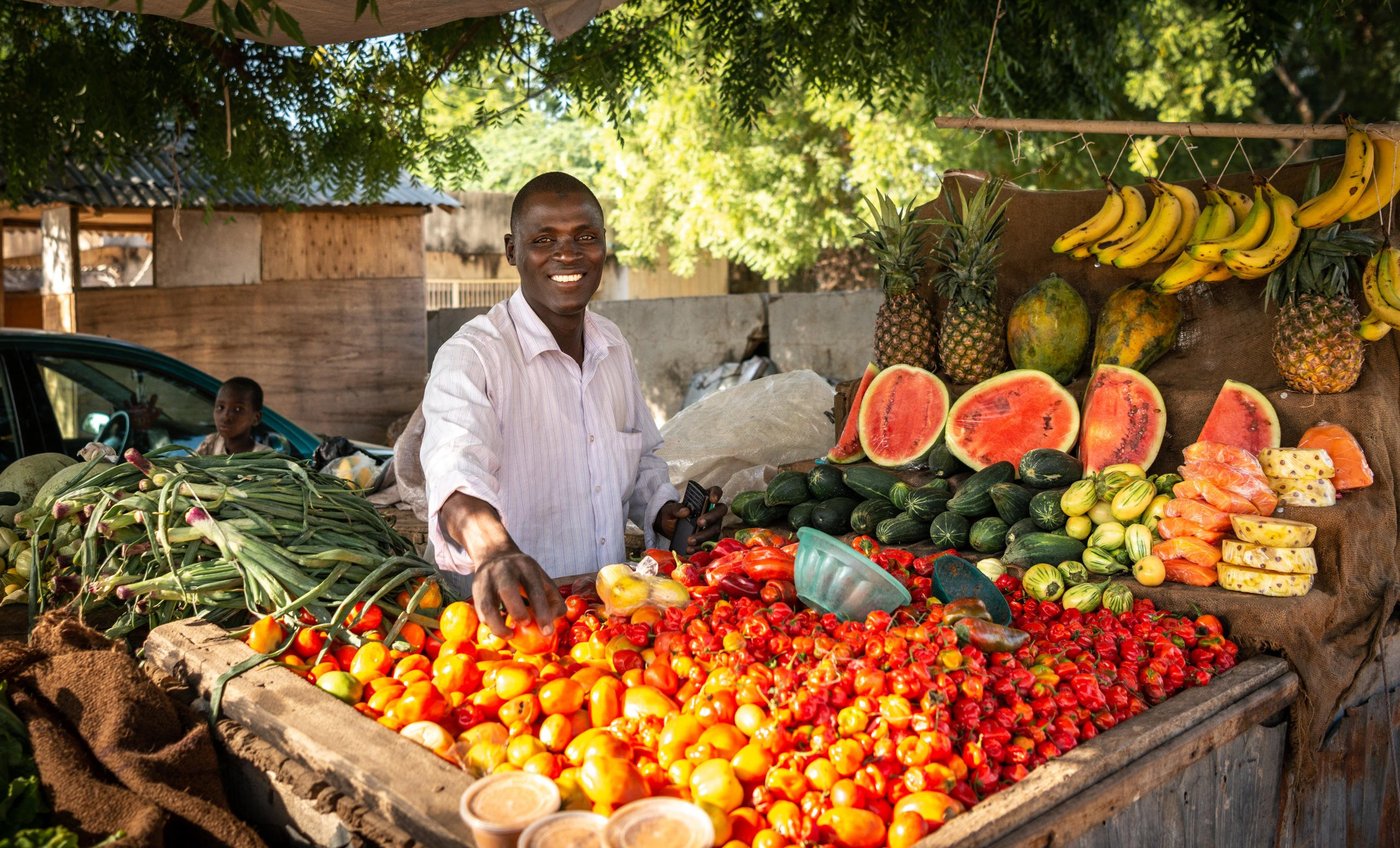Babagana Malam Idrissa is 35 years old and comes from Bama, a city situated 70 kilometres from Maiduguri, the capital of the state of Borno in North East Nigeria.
Fled in a hail of bullets
He was forced to flee on his own when Boko Haram attacked Bama in 2014. But before he left, he found a hiding place for his wife and four children. While the fighting raged, the thought of what his wife and children could be exposed to was unbearable. So, Babagana went back and managed to bring his whole family to safety. Along with his wife and small children, he set out on the strenuous journey to Maiduguri, which was filling up with displaced people.
Read also: Wealth, poverty and rising violence
Babagana had worked at a petrol station in Bama before the attack, and he used the little money he had saved to rent a room in Maiduguri. Both he and his wife agreed that they should do everything possible to manage on their own.

A short course changed his life
It didn’t take long before Babagana contacted the Norwegian Refugee Council (NRC), and soon he started taking a course called “How to do business”.
While Babagana went to school, his wife started sewing hats to help earn money. Together, they found out that there was no fruit or vegetable stand near where they lived. With start-up capital equivalent to USD 120 from NRC, Babgana started a roadside fruit stand. Business has been great, and now he can pay for all four of his school-age children to go to school. He also has a new baby at home in the house he and his wife rent.

Five a day in Bama
Babagana’s story shows that, despite stresses near the limit of human tolerance, displaced people are not merely focused on survival, but they are looking for opportunities to make their dreams come true. Babagana and his wife not only create work for themselves, they are also an inspiration for their local community. They have learned the popular wisdom you hear all around the world: if you lend someone a hand, there will be another hand to help you when you are in need.
Read also: Survived on water and insects
Babagana sees a bright future, but he wants to leave Maiduguri. Like most displaced people, he wants to return home when it is safe enough. What could be more fitting than running a fruit stand in a town called Bama. Babagana can offer his customers at least five a day.



